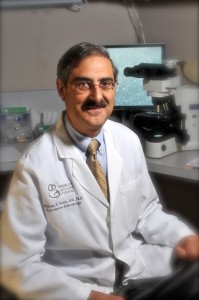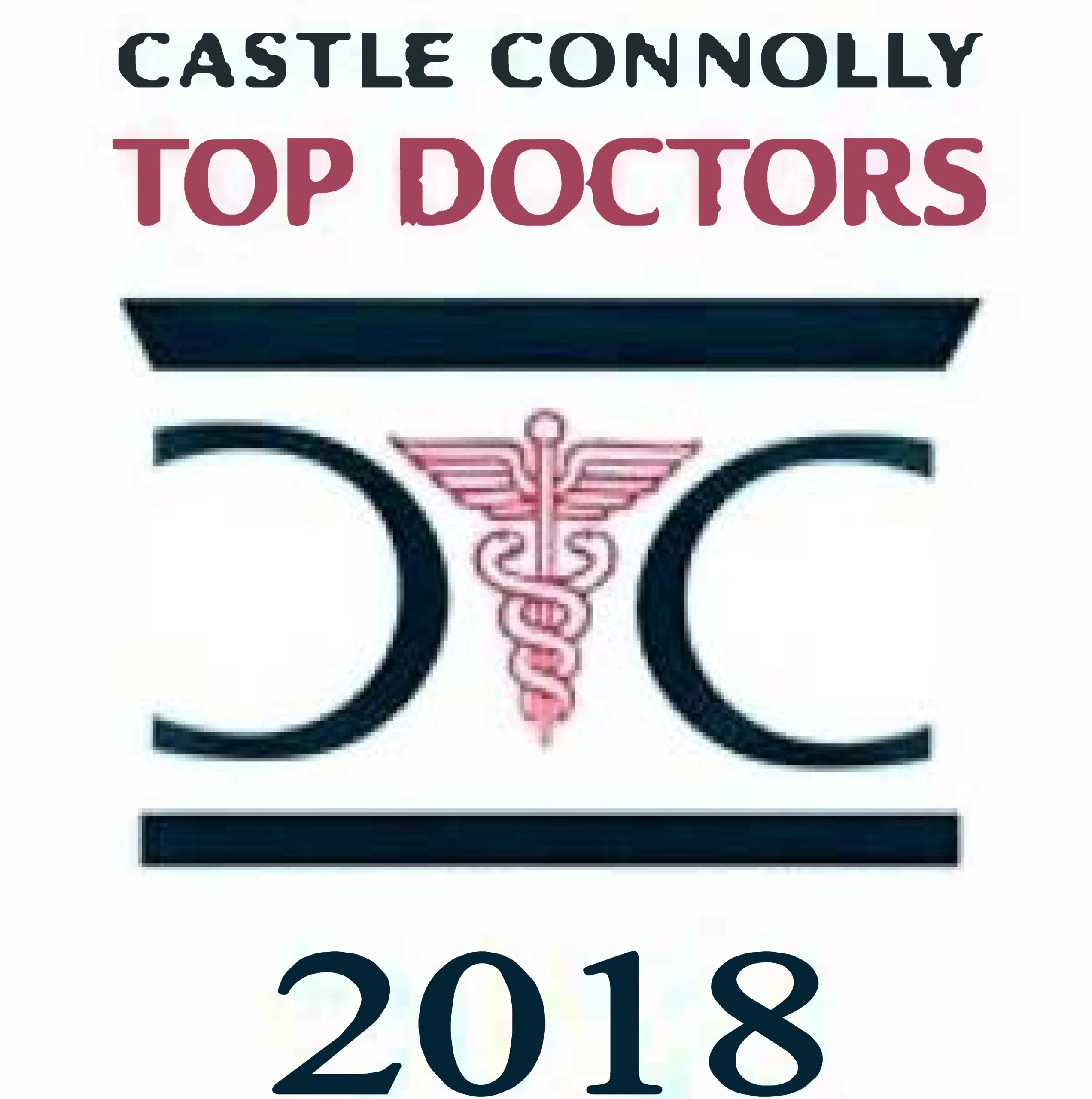Dr. Kutteh was featured in Memphis Magazine’s July 2009 issue, listing the very best physicians in Memphis according to a national survey.
Below is the text from the article:
When Dr. Billy Kutteh and his family moved from Dallas to Memphis in 1996, he quickly made note of the differences between the cities. “In the five years I lived in Dallas, I’d never have met my neighbors if I hadn’t made the effort,” he says. “When we came here, and the moving van pulled into our driveway in Germantown, the guy across the street went out and got us dinner, a lady next door brought over a plant, and another lady delivered fresh-baked cookies.” That’s how life was for Kutteh growing up in the small town of Statesville, North Carolina: “You knew your neighbors and you were there to help them out. I like seeing that here.”
On the other hand, Memphis had its drawbacks, especially in his medical specialty of reproductive endocrinology. “I noticed more reluctance to seek treatment for infertility. Maybe it’s because this is the Bible Belt, and they think, ‘If God meant for us to have kids, we’d have them.'” Gradually, however, this father of three is seeing that attitude change.
Married to an OB/GYN doc, Kutteh is also the son of one. “I remember the schedule my dad kept, and how we’d be leaving on vacation and he’d have to cancel the trip to deliver a baby, and I made up my mind I’d do something else.” But a research stint at Duke sparked his interest in the female reproductive system. Today he heads UT’s division of reproductive endocrinology and is director of Fertility Associates of Memphis, working with partner Dr. Raymond Ke.
Kutteh sees patients who for some reason can’t get pregnant, as well as those who can’t carry the pregnancies to term. He recalls one woman who’d had 19 pregnancies. “We’d done every test and procedure and none of them worked,” he says. “So we sat down and came up with a recipe of what we’d try next. I don’t know if it was chance, the right timing, or what, but it worked. I’d laugh and call her my worst patient, but she’s definitely one of my best success stories.”
He also works with patients who’ll be undergoing chemotherapy, which almost always results in sterility. While freezing men’s sperm for future fertilization is common, removing women’s eggs, or oocytes, is still a developing technology. But Kutteh sees progress: “A leading embryologist came to work in our lab and do hands-on education and training. Now our first patient whose eggs were frozen and thawed is pregnant — not delivered, but pregnant.”
To raise awareness about reproductive possibilities, Kutteh believes primary care physicians are “the lifeline.” He writes a letter to each patient’s referring physician advising them that after a year and a half of infertility, certain tests are appropriate. “We don’t want to say, ‘I can’t believe you don’t know this,'” says Kutteh. “We’re subtle, but we want to elevate the level of understanding and care.”










Comments are closed.